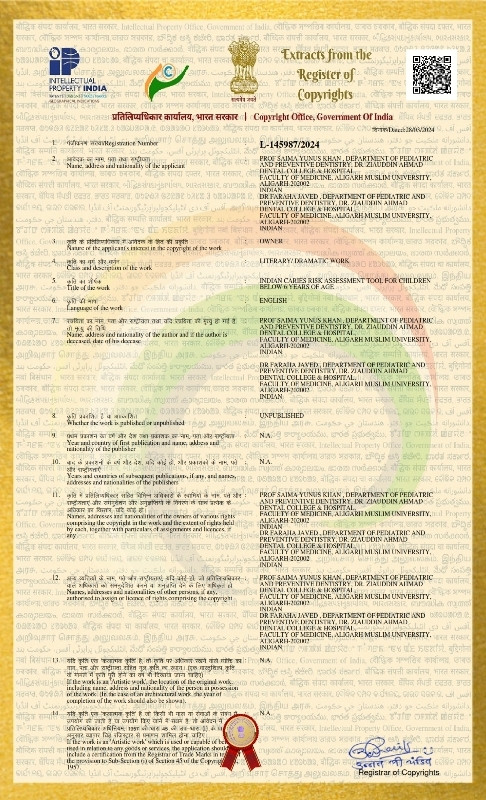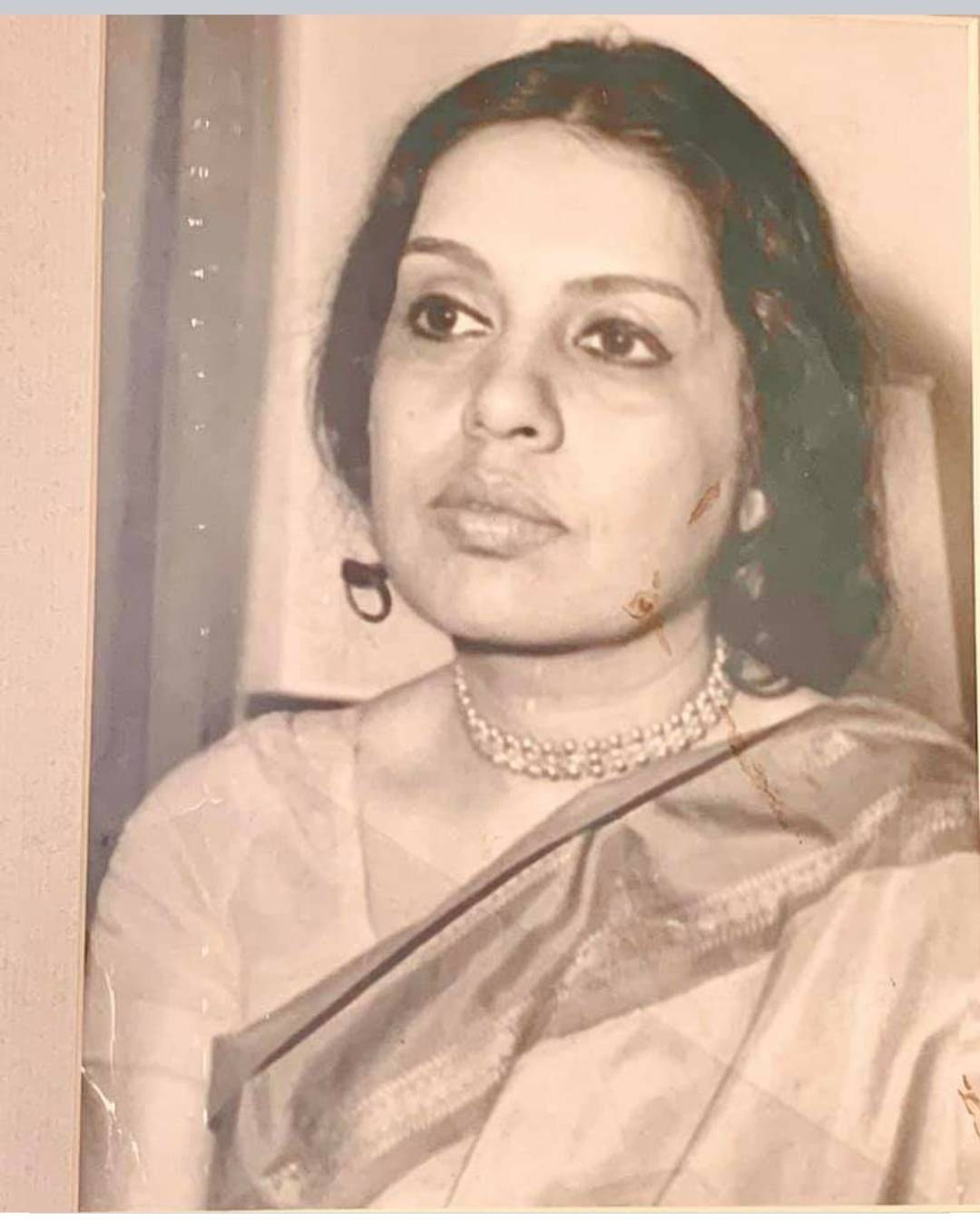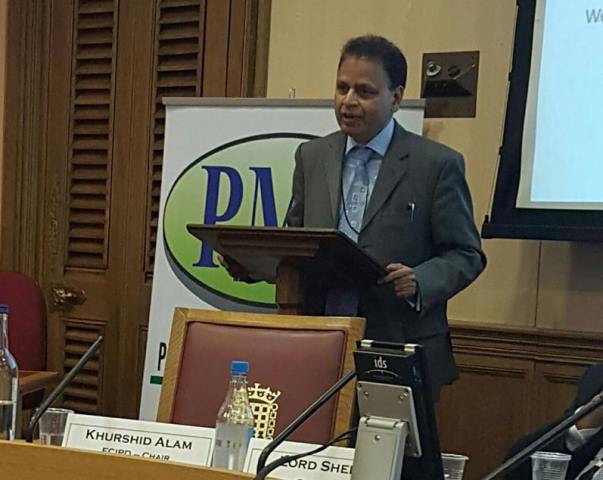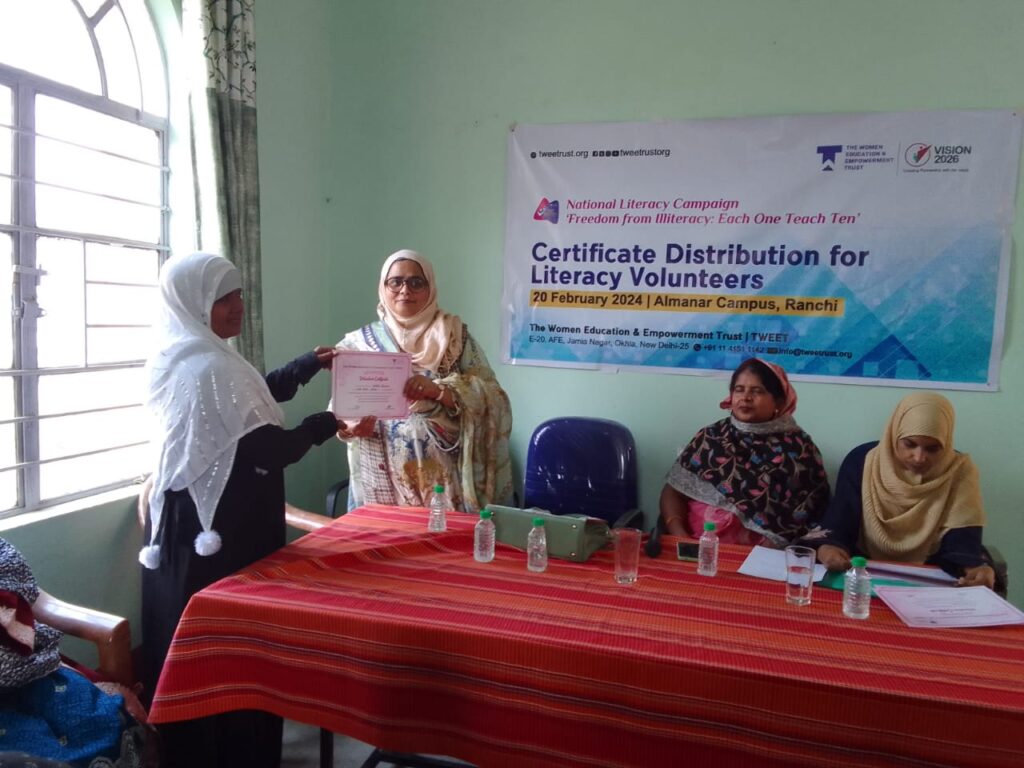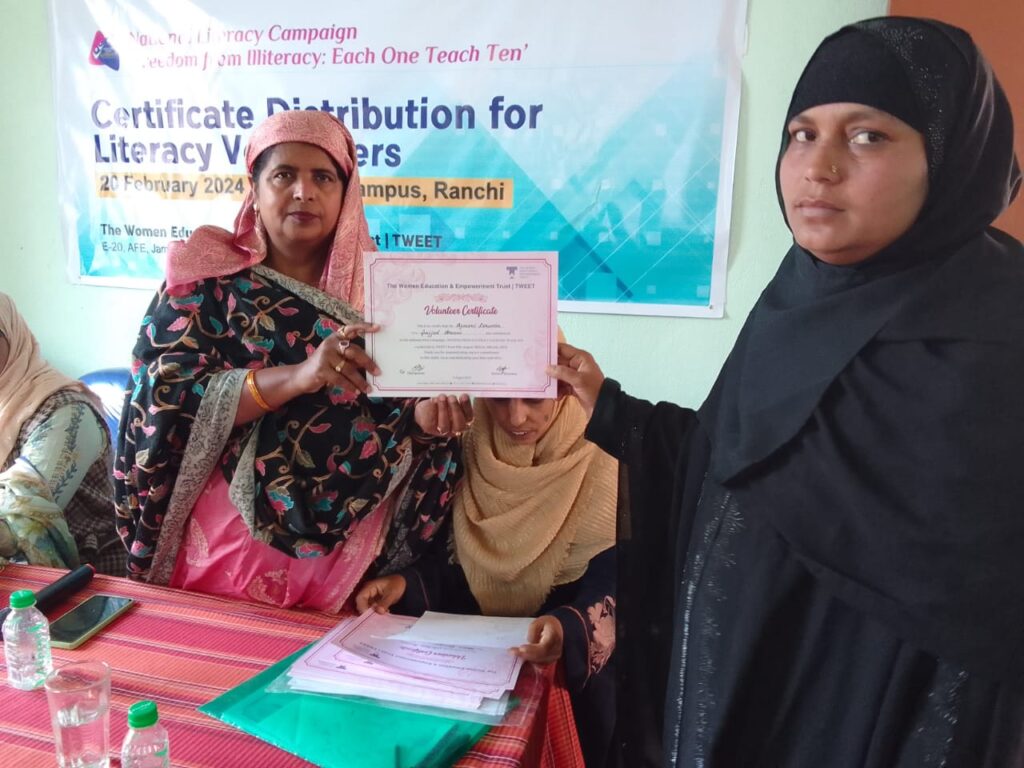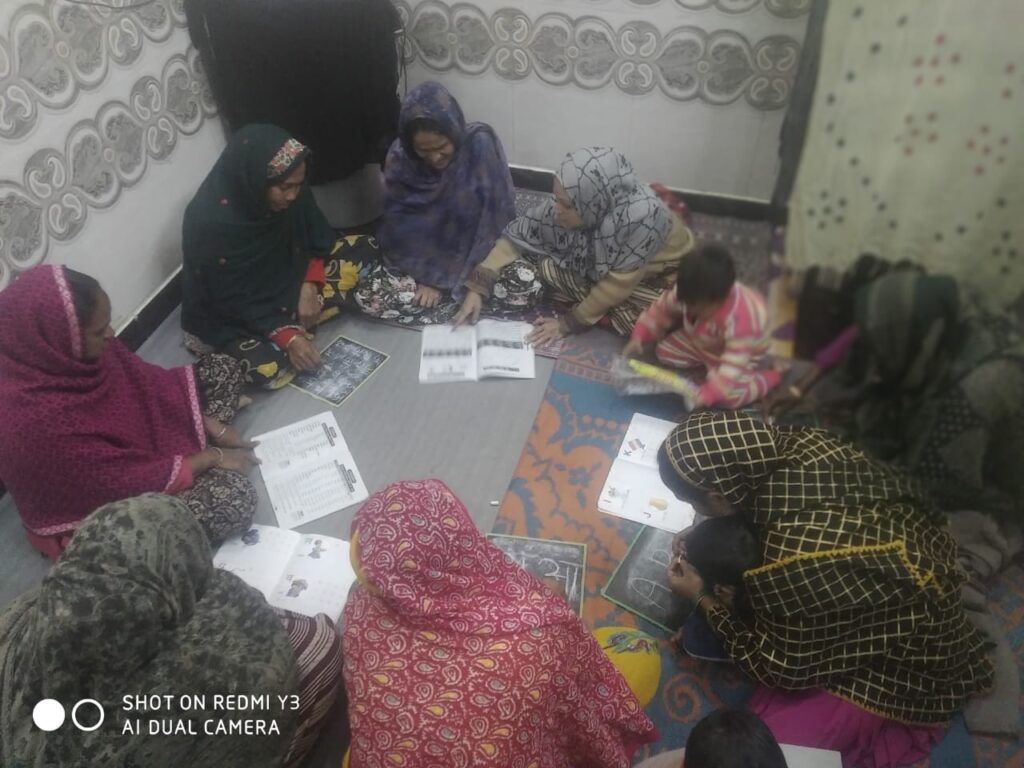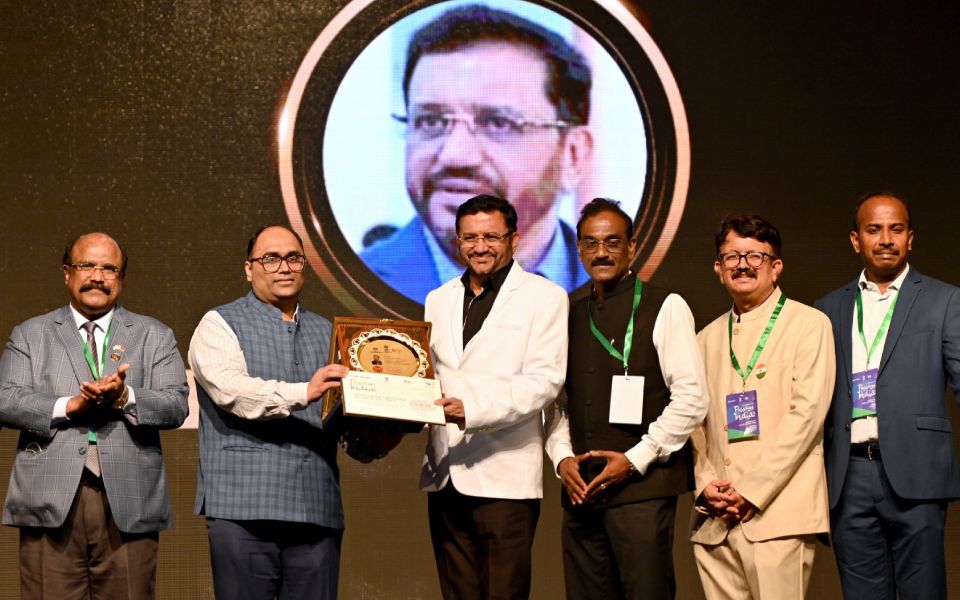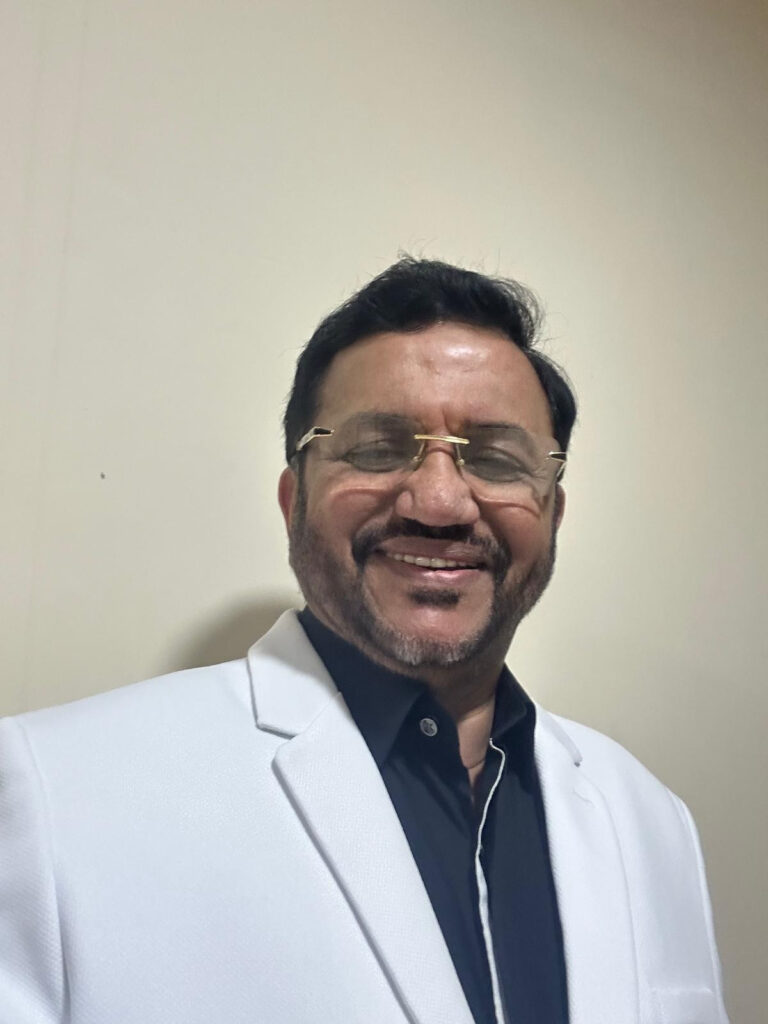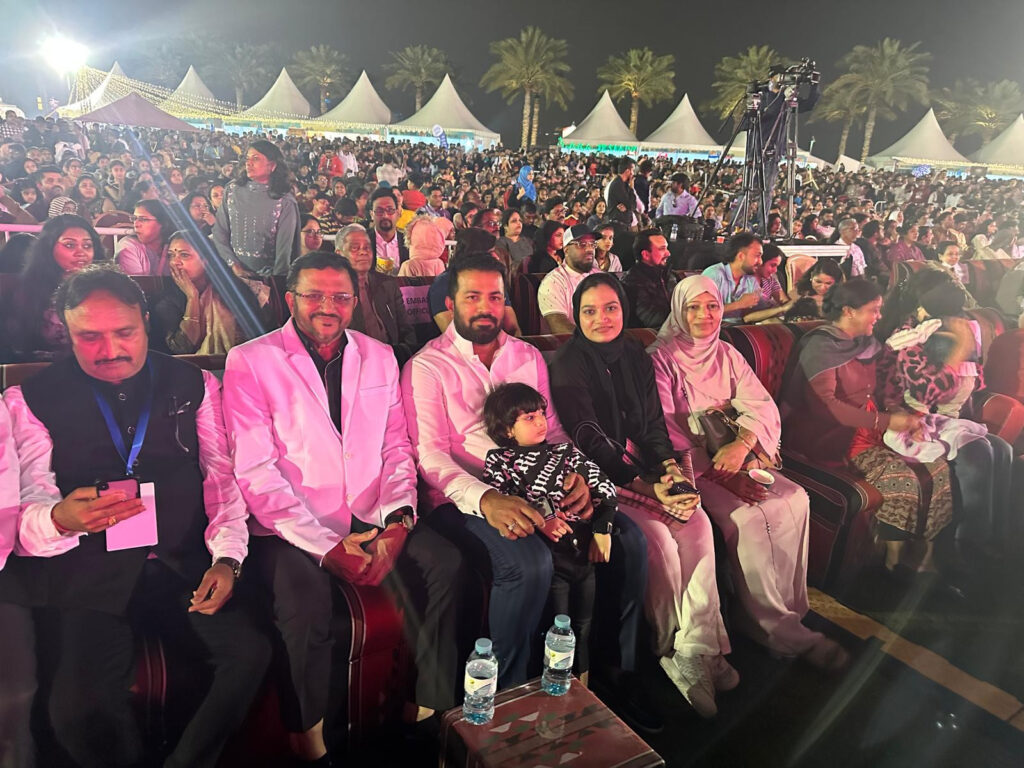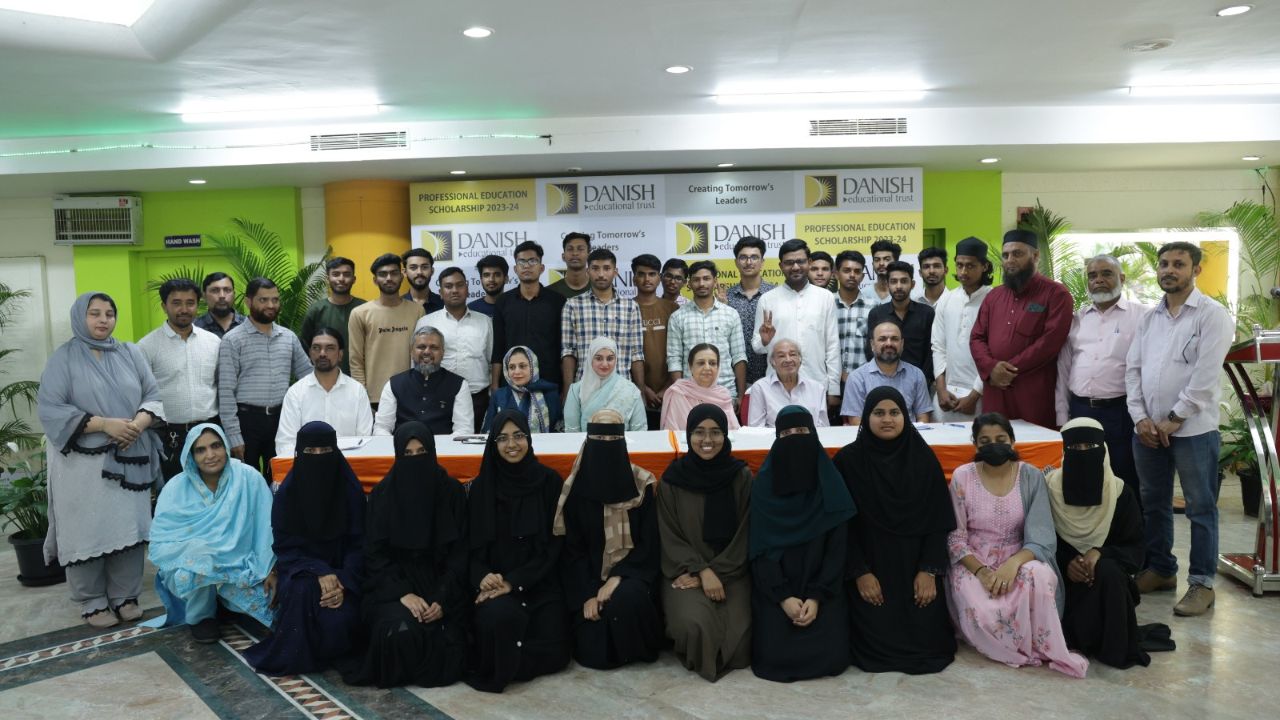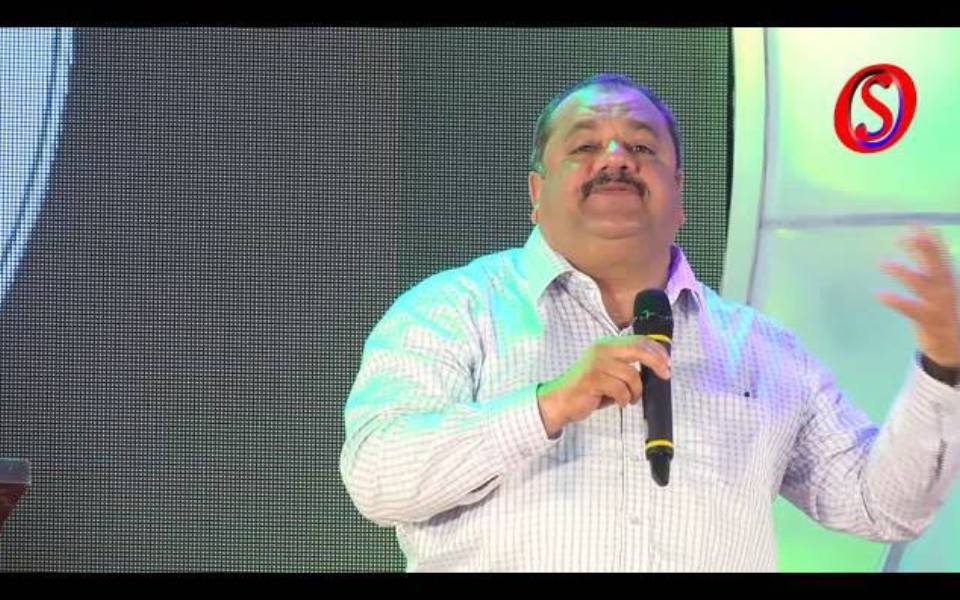Kairana (Shamli District) , UTTAR PRADESH / NEW DELHI :
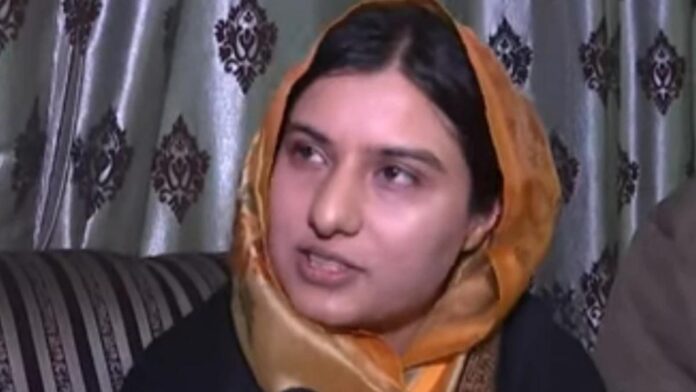
New Delhi:
“I don’t comment on numbers, but it’s for sure that I got blessings of people who want me to represent them in Parliament,” said Iqra Hasan who seemed confident of her victory after her fate was sealed in electronic voting machines (EVMs) following first phase of the ongoing general elections that was held on April 19.
What led her to believe that she is poised to win? “There was no political wave unlike 2014 and 2019. Electorates were largely maintaining silence about which party or candidate they would vote for. Attempts to polarise voters on communal lines did not work,” she listed out.
Talking to TwoCircles.net, she claimed people this time voted on local problems. “I don’t see any major obstacles in this election as it is clear from engaging with people that there is no prevailing national narrative, unlike the narrative being pushed by the BJP,” she added.
The thirty-year-old belongs to a well-known political family of Kairana. Along with her grandfather Chaudhary Akhtar Hassan, father Chaudhary Munawwar Hasan and mother Tabassum Hassan, Iqra has a political legacy since they were all elected members of Parliament.
The Hasans and the Singhs (Hukam Singh and his daughter Mriganka Singh of the Bharatiya Janata Party or BJP) have over a century-old political rivalry. They were once a single Gujjar family connected to the Kalshyan Khap. This was more than a century ago.
But the Hasans chose to secede and convert to Islam, which led to a slew of disputes. This family’s descendants, Chaudhary Munawwar Hasan of the Samajwadi Party (SP) and Hukam Singh fought elections against each other in the 1990s.
In a similar vein, after their dads’ deaths, their offspring Mriganka and Nahid carried on the rivalry.
Thirty-year-old Iqra, Nahid’s sister, got back from London. She fought against BJP’s Pradeep Chaudhary — who had defeated her mother Tabassum Hasan in the 2019 general elections.
Though her family’s century-old feud with the Singhs has taken a short hiatus, she is still a competitor even though she has a new opponent.
The Hasans and Singhs have dominated the Kairana Assembly segment since the 1970s, with the exceptions of Rajeshwar Bansal in 1989 and Bashir Ahmed in 1977. Notably, starting in 1996, late Hukum Singh won the seat four times in a row.
In 2014, he moved to represent the constituency in the Lok Sabha. Since then, Nahid has won the Kairana Assembly seat twice, defeating Mriganka in 2017 and BJP candidate Anil Kumar in the 2014 by polls.
Iqra completed her primary education at New Delhi’s Queen Mary School and graduated from Delhi University’s Lady Shri Ram College in arts. She later went to London’s School of Oriental and African Studies (SOAS) to get her master’s degree in international politics and law.
Having been brought up outside Kairana for studies because the constituency lacks higher education institutes for women is one of the major issues around which Iqra contested elections.
In addition to other issues, one of the main components of her election campaign was providing resources for the women in the constituency to pursue higher education.
Iqra is one of the most talked-about candidates in this election because of her poise, positive outlook and grounded manner. She is also among this year’s youngest Muslim female candidates.
“Iqra might be a Muslim by faith, but she is a Gujjar first. She belongs to our community and is like a daughter to us. All 36 biradari (communities) supported her wholeheartedly. And therefore, only she will win and go to Lok Sabha. There are no longer any ifs and buts,” said an elderly man amid applause from the crowd that had gathered at a square in the constituency after the polling was over.
Others said she travelled from England to take over the Assembly election campaigning of Nahid who faced “unfair” imprisonment. Although Iqra is a new contender in this race, her experience with politics is not. While her brother Nahid was imprisoned by the UP government, she ran an effective campaign for him in the state Assembly elections of 2022 and secured a seat on his behalf.
“She has been a prominent character in this race, having devoted more than two years to her campaign. She is obviously in the lead in the race,” he said.
The Uttar Pradesh Police accused Nahid and his mother Tabassum Hasan of being Gangster Act suspects in February 2021. He was conspicuously absent from campaign events and meetings, even after being freed on bond.
The town with the largest concentration of Muslims — nearly 80%, many hold to the prophecy of the man quoted first.
Fifty-four-year-old Jitendra Singh, a former member of Zila Panchayat and a resident of Kandhla village, said, “She is young, dedicated and smart. We think highly of her.”
source: http://www.twocircles.net / TwoCircles.net / Home> Elections Update> Indian Muslim> Lead Story> April 20th, 2024

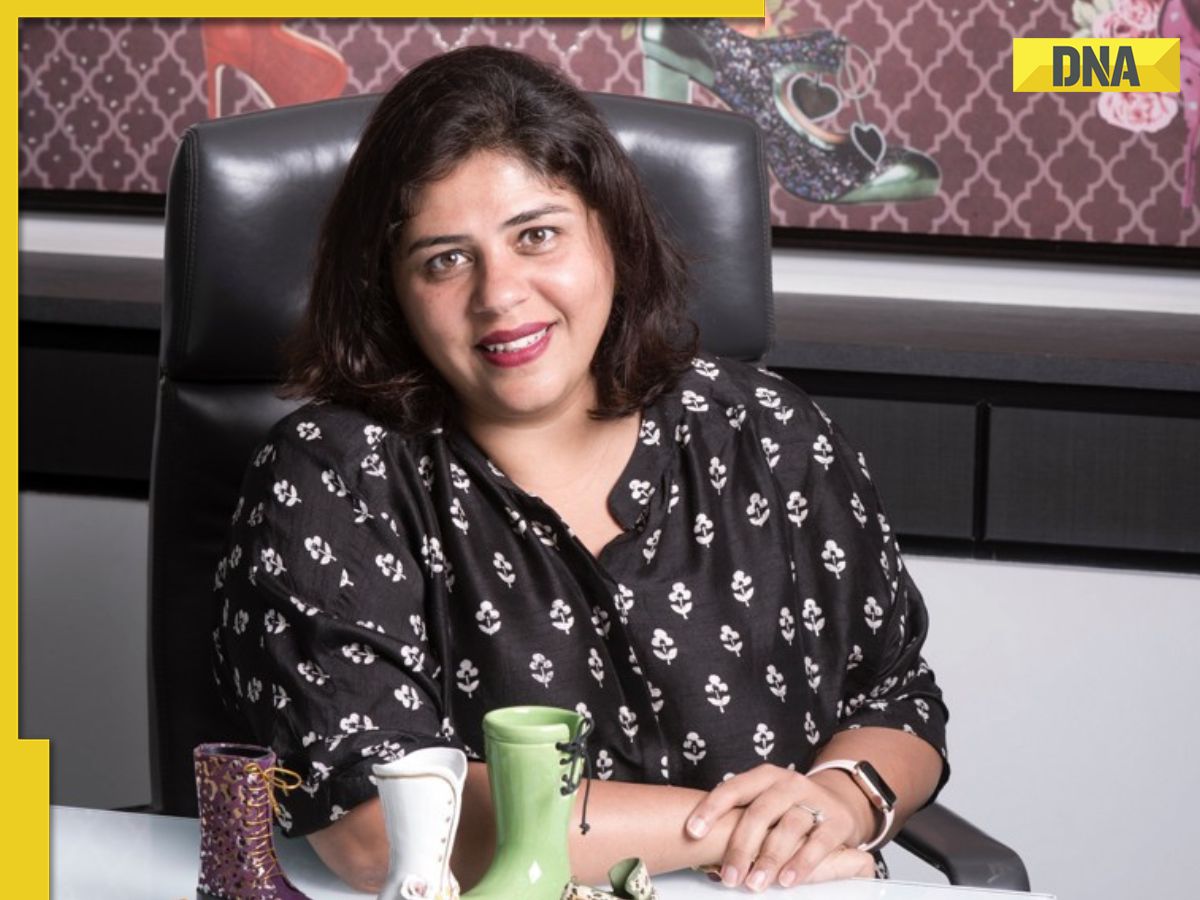)

